
A wealthy man gifted his farm to a stranger — when his fortune vanished, he returned to see if his kindness would be repaid

Benjamin Hawthorne had built his empire brick by brick. He came from nothing—raised by a single mother on a dusty road where kindness was currency and money was a myth. Through persistence and strategy, he finally rose to become one of the wealthiest men in the county. He owned three factories, a chain of hotels, a luxury car collection, and a farm—his favorite place, a peaceful retreat where he escaped the noise of success.
Yet despite everything he owned, Benjamin had a habit that set him apart: he never forgot how loneliness felt. Every time he saw someone struggling, he felt the pull of memory—his mother’s hands washing dishes all night long, her tired face bending over bills she couldn’t pay. So, he often helped strangers quietly. No cameras. No announcements. Just silent acts of kindness.
One autumn morning, Benjamin drove to his farm to clear his mind. On the outskirts of the property, he noticed a man repairing a broken fence. The man was in worn clothes, hair messy, eyes sharp but exhausted. His name was Samuel Burke, a traveler who had moved from town to town, doing odd jobs to survive. Benjamin spoke with him, not as a rich man but as a human being.
After their conversation, Benjamin felt something unusual—a sense of trust he hadn’t felt in years. Samuel didn’t speak like someone asking for help. He spoke like someone trying to hold on. That night, Benjamin made a decision no one expected. He transferred ownership of the entire farm—house, land, tools—to Samuel “as a gift for someone who might use it better.”
Samuel was stunned, even frightened. “Sir, I can’t accept—this is too much.”
Benjamin replied calmly, “I once dreamed of land like this while eating canned soup for dinner. Dreams should belong to those who still have them.”
Samuel accepted, with tears in his eyes, and promised to care for the farm like it was the beating heart of his life.
Three years passed. Benjamin’s empire flourished—until suddenly, it didn’t. A scandal involving his business partners exploded overnight. Lawsuits followed. Investors withdrew. Banks demanded payment. His empire collapsed faster than it ever rose. In less than four months, everything was gone.
Benjamin found himself alone in an apartment he could barely afford. He sat on a mattress on the floor, wondering if he had imagined his old life. Friends disappeared first. Then advisors. Then his phone stopped ringing altogether.
One November morning, with nothing left to lose, he thought of the farm he had given away. He didn’t want it back—he just wanted to see it. To remember the version of himself who believed in generosity.
He drove there quietly. The sky was soft gray, and the air smelled like earth and rain. He didn’t know what response he would receive. Would Samuel remember him? Or turn him away? As he reached the property, he braced himself.
What he saw nearly brought him to his knees.
The farm had changed—but beautifully. New fencing, repaired barn roofs, rows of vegetables, and healthy livestock. Children were playing in the field. Laughter filled the air. The place was alive.
Samuel stepped out of the farmhouse, older but stronger, calmer. When he saw Benjamin, he didn’t hesitate. He walked forward and hugged him—not as a savior, not as a benefactor, but as an old friend.
“Welcome home,” Samuel said.
Benjamin stared. “Home?”
Samuel nodded. “You didn’t just give me land. You gave me the chance to build a life… and this is still yours too, if you want it.”
Benjamin shook his head. “I didn’t come to reclaim anything.”
Samuel smiled knowingly. “I know. But I came to repay what you gave me.”
He motioned toward the barn. As Benjamin stepped inside, he froze.
A small office had been built in the corner—complete with a desk. On it sat a folder labeled: The Hawthorne Project.
Samuel explained that he had used the farm’s profit to help struggling families across the county—just as Benjamin had once helped him. Meals, temporary housing, resume training. Quiet kindness had multiplied. The legacy Benjamin started had continued without him.
Then Samuel handed Benjamin a key.
“You helped me when I had nothing. Now it’s my turn. This place is yours to return to whenever you need it. Your own room is ready. No expectations. No debts. Just gratitude.”
Benjamin stared at the key. His throat tightened. For the first time in many months, he felt seen—not as a fallen businessman, but as a human being.
Tears came—not loud or dramatic. Just honest.
“I thought my kindness was forgotten,” Benjamin whispered.
Samuel shook his head. “Kindness never disappears. It waits to come back—when you need it most.”
Benjamin stayed for dinner. The children showed him the animals. Samuel’s wife baked fresh bread, and Benjamin ate slowly, as though he hadn’t tasted warmth in years. That night, when he looked at the stars above the field, he realized something powerful:
Success is fragile. Wealth is temporary. But one good heart given to the right person can outlive any fortune.
He didn’t need his empire back. He didn’t even need the farm.
He needed a reason to begin again.
And kindness—unexpectedly, quietly—gave him that.
Months later, Benjamin found work as a consultant for small farmers. He stayed at Samuel’s farm occasionally, helping repair machinery or teaching the children about tools. He didn’t introduce himself as a former millionaire. He introduced himself as a man who once forgot what mattered—and was lucky enough to be reminded.
People in town sometimes asked him why he was always smiling now.
He simply replied, “I spent years acquiring wealth. Now I spend my days earning peace.”
And no one ever saw him look lonely again.
News in the same category


I don’t give a damn what YOUR MOTHER wants from me! She’s nobody to me! So deal with her problems yourself! Got it?
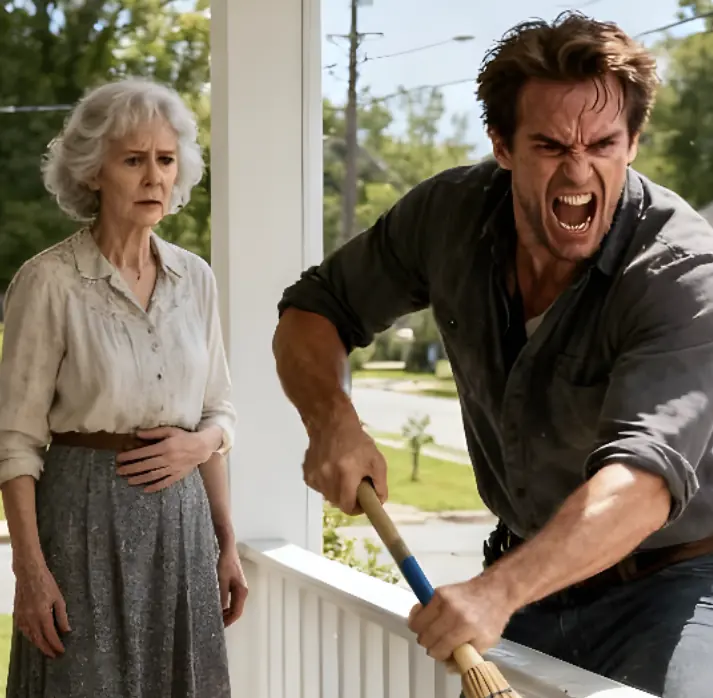
The Battle for Family Legacy: A Story of Justice
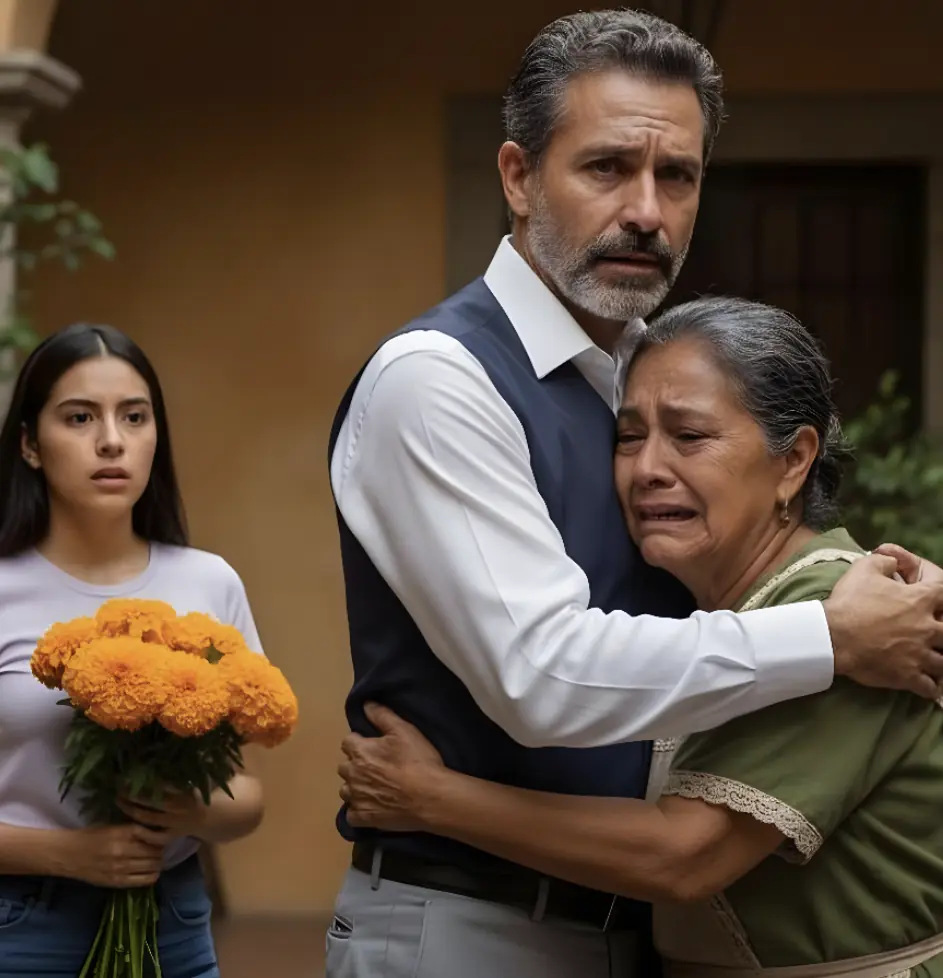
A Journey of Love and Rediscovery

Back again with your junk? Well then, come in and see who’s the lady of the house now! — he said mockingly

He told his wife he was bankrupt and pushed to sell the apartment, but what he was really after was something else

Why should I move out? This is my home!” — I shot my mother-in-law a fierce glare

He left his wife for me, but I never expected what happened after
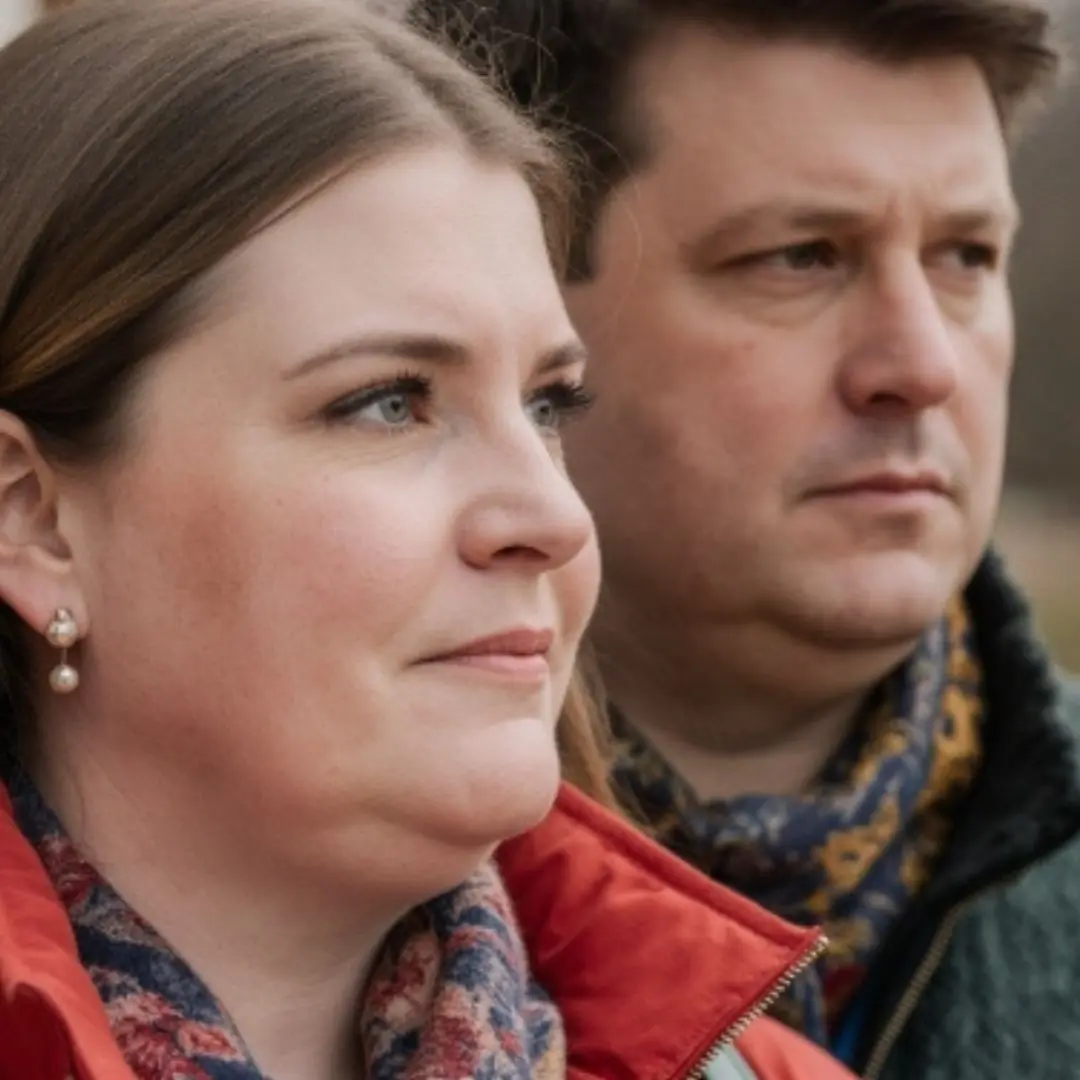
Caught Off Guard: A Wife’s Journey from Betrayal to Liberation

I Walked Down the Aisle Believing Love Could Conquer All, but Marrying My Teacher Led to a Wedding Night I Could Never Have Imagined

She’ll bring light to darkness”—the midwife’s prophecy the day she was born

I Returned Home From the Hospital Ready to Welcome My Baby—Only to Discover My Mother-in-Law Had Turned the Nursery Into a Nightmare

A crying child is left unattended with two dogs, and a pet comes to the rescue

A small child laughs when a dog is chasing him
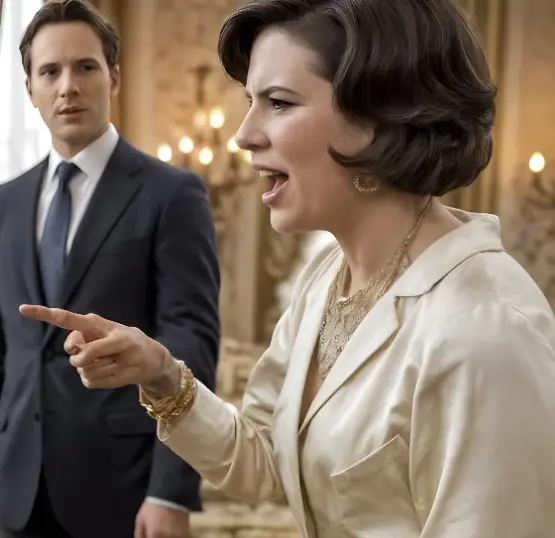
A Millionaire’s Shocking Discovery about His Housekeeper’s Affection for His Blind Daughter

Embracing Love and Success: A Journey Beyond Expectations
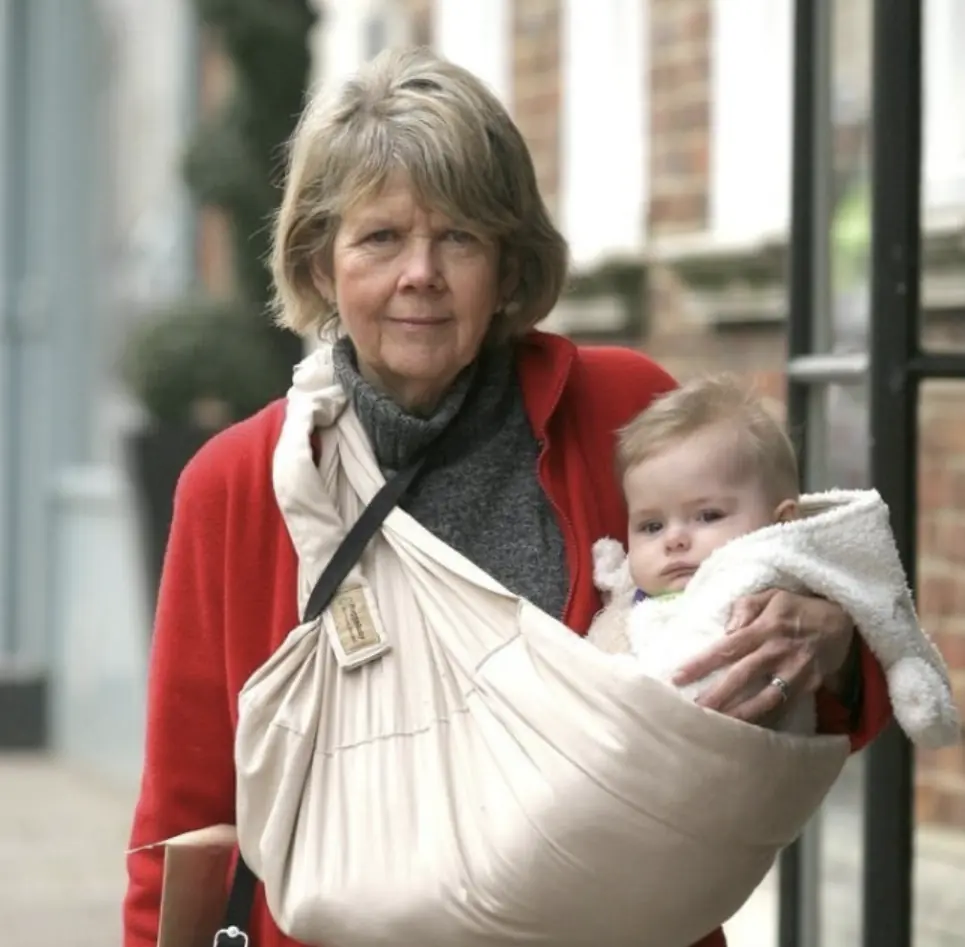
Incredible journey of a 62-year-old mom who gave birth to a healthy son: A story of love and determination

Where did you get this photo?” ivan turned pale, seeing a picture of his missing father

Having caught her husband with a young beauty, the wife didn’t start a brawl; instead, five days later she presented him with an unexpected surprise
News Post

Bernedoodle melts internet’s heart giving brother sweetest hugs after school

I don’t give a damn what YOUR MOTHER wants from me! She’s nobody to me! So deal with her problems yourself! Got it?

The Battle for Family Legacy: A Story of Justice

A Journey of Love and Rediscovery

Back again with your junk? Well then, come in and see who’s the lady of the house now! — he said mockingly

He told his wife he was bankrupt and pushed to sell the apartment, but what he was really after was something else

Why should I move out? This is my home!” — I shot my mother-in-law a fierce glare

He left his wife for me, but I never expected what happened after

Caught Off Guard: A Wife’s Journey from Betrayal to Liberation

I Walked Down the Aisle Believing Love Could Conquer All, but Marrying My Teacher Led to a Wedding Night I Could Never Have Imagined

The Faithful Dog Who Braved the Storm and Found Love in the Most Unexpected Companion

She’ll bring light to darkness”—the midwife’s prophecy the day she was born

She Walked Away and Chose Her Son Over Me — But It Was Grandma Who Stepped In and Taught Her a Lesson That Changed Everything Forever

I Returned Home From the Hospital Ready to Welcome My Baby—Only to Discover My Mother-in-Law Had Turned the Nursery Into a Nightmare

Cajun Steak Alfredo: A Spicy Delight!

Lemon Garlic Grilled Chicken with Asparagus

Mango Crepe Roll Cake – Soft, Creamy & Dreamy

10 signs that you have kidney disease without knowing it
